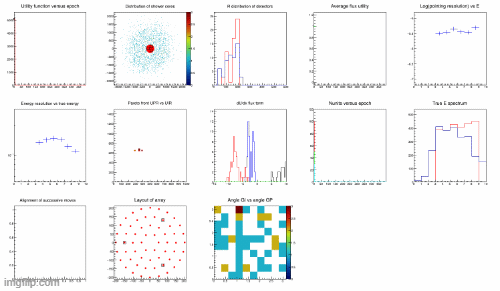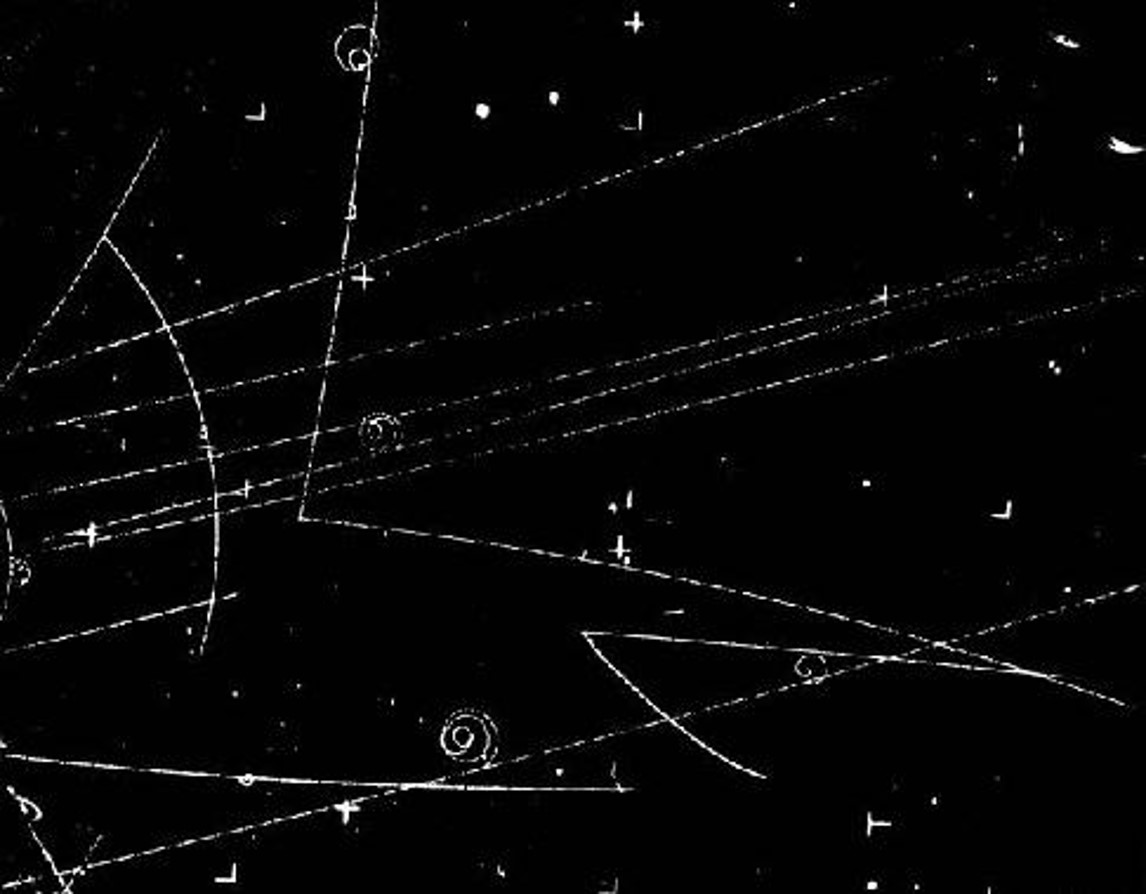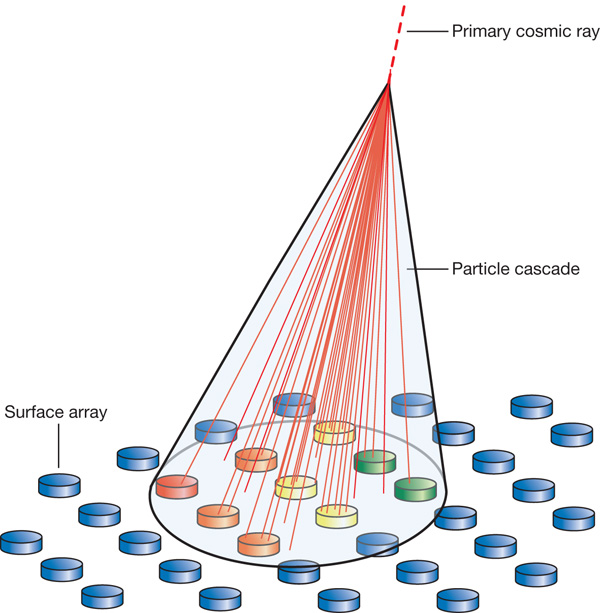Twenty years ago today I got access for the first time to the interface that allowed me to publish blog posts for the Quantum Diaries web site, a science outreach endeavor that involved some 12 (then 15, then 25 or so IIRC) researchers around the world. A week before I had been contacted by the Fermilab outreach team, who were setting the thing up, and at that time I did not even know what a blog was!
At the IV Workshop in Valencia a student from my group, Emanuele Coradin, presented the results of a novel algorithm for the identification of charged particles in a silicon tracker. The novelty is due to the use of neuromorphic computing, which works by encoding detector hits in the time of arrival of current impulses at neurons, and by letting neurons "learn" the true patterns of hits produced by charged particles from the noise due to random hits.
Last week I got to the part of my course in Subnuclear Physics for Statisticians (yes, there is such a course at the Department of Statistical Sciences in Padova, and I have been giving it since its inception 6 years ago!) where I discuss CP violation in the system of neutral K mesons. In one of the most surprising experiments of modern physics, the group of Cronin and Fitch proved in 1964 that the combination of the two symmetries operations called "charge conjugation" C and "parity inversion" P could in some cases modify the properties of physical systems.
USERN (Universal Scientific Education and Research Network,
https://usern.org) is a non-profit, non-governmental organization that supports interdisciplinary science across borders. Founded in 2015 by a distinguished Iranian Immunologist, Prof. Nima Rezaei, USERN has grown to acquire a membership of 26,000 members in 140 countries, from 22 scientific disciplines. From November 2022 I am its President.
Nowadays we study the Universe using a number of probes and techniques. Over the course of the past 100 years we moved from barely using optical telescopes, that give us access to the flux of visible photons from galaxies, supernovae, and other objects of interest, to exploiting photons of any energy - gamma rays, x rays, ultraviolet and infrared radiation, microwaves; and then also using charged cosmic radiation (including protons and light nuclei, electrons and positrons), neutrinos, and lastly, gravitational waves.
Earlier this year I mentioned
here that I would be writing an article on how the utility function of experiments in fundamental science could be specified, as an enabling step toward the formalization of a co-design optimization problem. Now, as the deadline for submission approaches and the clock keeps ticking, I am returning to this topic and am mulling over the matter, so I thought it would be appropriate to dump here a few thoughts on the matter.
Co-design
 Living At The Polar Circle
Living At The Polar Circle Conferences Good And Bad, In A Profit-Driven Society
Conferences Good And Bad, In A Profit-Driven Society USERN: 10 Years Of Non-Profit Action Supporting Science Education And Research
USERN: 10 Years Of Non-Profit Action Supporting Science Education And Research Baby Steps In The Reinforcement Learning World
Baby Steps In The Reinforcement Learning World









